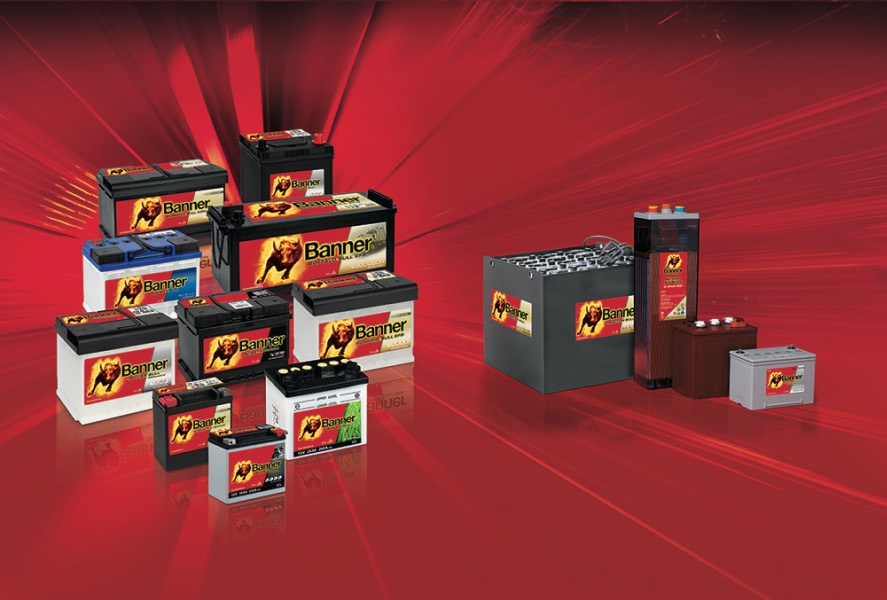When and How Often Should You Change Your Pollen Filter?
You might think that as soon as you shut all the doors of your car, clunk your seatbelt and spark up the ignition that you’re in a hermetically-sealed transport box (ahem). While it’s true that you’re protected from the sun, wind and rain while you’re driving, the air around your vehicle still has to get into your car so you can breathe!
The problem is, that air inside your car is just as, if not more, polluted than the air anywhere else; more so if you’re driving through a city or on a busy motorway. There’s also the nuisance of pollen both in cities and rural areas, which can make life difficult for allergy and hay-fever sufferers.
This is why cars have a pollen filter
Your car’s pollen filter, sometimes referred to as the cabin air filter, is there to filter out any harmful or irritating particles from the air before it gets into your cabin. Almost all vehicles have a pollen filter nowadays, so that driving is more comfortable and these filters are especially important for people with allergies and hay fever.
However, like many car components, pollen filters have a relatively short lifespan and once they start to become clogged with contaminants and particles, they stop working effectively. This is when you need to replace your pollen filter for safer, sneeze-free driving.
When should you replace your car’s pollen filter?
While each car manufacturer will have its own pollen filter replacement schedule, most mechanics recommend that it’s replaced every 12,000 to 15,000 miles or once a year, whichever is soonest. If you notice that your filter isn’t working as well as it used to, however, don’t hesitate to get it swapped out at your local garage.
Why you need to replace your pollen filter regularly
Your pollen filter is there to help you by cleaning the air that comes into your car. If it’s no longer working properly, then it could lead to allergens, particulates or even moulds getting into your cabin while you’re driving.
You could notice unpleasant smells and other in-cabin issues
Sometimes, it’s a case of noticing an improvement after you’ve replaced the filter, but you may also notice a stale or fusty smell, sub-par performance from your aircon and a tendency for steamed-up windows.
Your aircon could be under strain
If your pollen filter is full of particulates and other debris then your aircon will have to work harder to send out air – cold or warm – into the cabin. You might notice excessive noise coming from your AC unit and the unit will be using more energy than it should be.
You’ll reduce or prevent misting or fogging on your windows
You might notice that your windows are suddenly fogging up more than they used to (usually at the most inconvenient juncture, too…) and it’s becoming increasingly difficult to clear them. This nuisance is often caused by a clogged or failing pollen filter and is somewhat more serious than a musty smell. You need to be able to see through your windows in order to drive safely and so if you find you have steamy windows a lot of the time, book into a local garage for a pollen filter change.
Keep an eye on your pollen filter
Although most manufacturers suggest a new pollen filter every year (or 12,000 to 15,000 miles), if you regularly drive in very polluted cities or rural areas with lots of pollen, you may need to change yours more often.
If you also tend to suffer badly from hay fever or similar allergies, then you might want to replace your pollen filter more frequently so that it’s always working well enough to prevent any discomfort.
When to replace your pollen filter
If you don’t have any allergies, then a yearly or 15,000-mile change will probably be enough. If you do suffer from hay-fever or other allergies then the best time to install a new filter is probably spring when the pollen counts start to rise.
Similarly, if you do a lot of driving in dusty, dirty or very polluted areas then you may need to replace your cabin air filter twice a year or whenever you notice it’s not working as well as it was.
More about your car’s pollen filter
Standard filters have a cotton-fibre pre-filter, as well as a micro-fibre layer and a carrier layer. This combination does well when it comes to filtering out pollen, dust and larger particulates, although some finer ones may get into the cabin. These filter work well for people without any allergies or other issues.
Activated carbon filters have an extra layer of activated carbon which can help to collect exhaust gases, smaller particulates and noxious gases (as well as smells). These filters make for a fresher interior and also a more efficient aircon system and are suitable for allergic people.
Bio-functional or allergen filters have a polyphenol layer as well as everything else. This layer has an antimicrobial function which prevents mould spores and bacteria from getting into the cabin, as well as catching dust, pollen and particulates like the other types of cabin filter. People with severe allergies or respiratory problems find these filters especially helpful.
Can you clean your pollen filter rather than replacing it?
You can clean your pollen filter yourself, but it’s only a temporary fix and will only delay replacement. If you can’t get to a local garage for a few days and you’re really seeing the effects of a failing cabin filter then cleaning it yourself might help.
As your pollen filter is made at least partly from paper, you can’t immerse it in water or use any water on it or it’ll dissolve. What you can do is to use the upholstery nozzle of your vacuum cleaner to remove some of the dirt and other particles embedded in the outermost layers of your filter. Generally, a vacuum cleaner won’t reach the deeper particles, but you might see some small improvements to your pollen filter’s performance, but you will need to replace your filter in the near future.
The easiest way to find the best mechanic for your needs.
Other Articles

Have you bought a Covid Car? The semiconductor shortages during the COVID-19 pandemic had a significant impact on the automotive industry, leading to several notable changes and omissions in the production of cars. Vehicles built during this period (Covid Cars) often had to forego certain features and technologies that rely heavily on semiconductors. Depending on […]
Have you bought a Covid Car? The semiconductor shortages during the COVID-19 pandemic had a significant impact on the automotive industry, leading to several notable changes and omissions in the production of cars. Vehicles built during this period (Covid Cars) often had to forego certain features and technologies that rely heavily on semiconductors. Depending on […]

Combustion engines require a nearly constant temperature level in order to ensure low-wear, low-emissions operation whilst maintaining efficiency. In addition to the thermostat, the thermal switch critically contributes to temperature regulation. When the appropriate engine operating temperature is reached, this component controls the fan for the cooling circuit to start up, for example. As with […]
Combustion engines require a nearly constant temperature level in order to ensure low-wear, low-emissions operation whilst maintaining efficiency. In addition to the thermostat, the thermal switch critically contributes to temperature regulation. When the appropriate engine operating temperature is reached, this component controls the fan for the cooling circuit to start up, for example. As with […]



